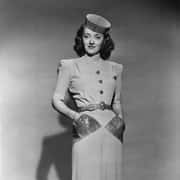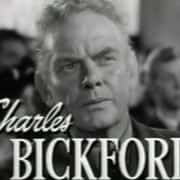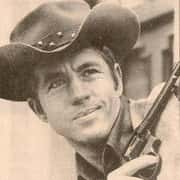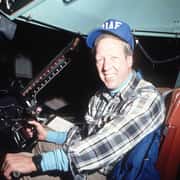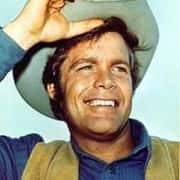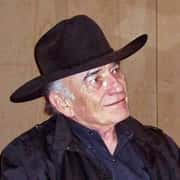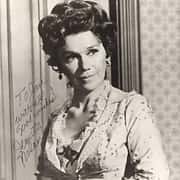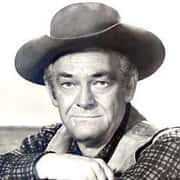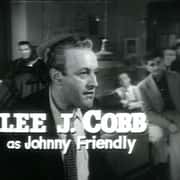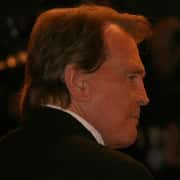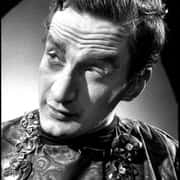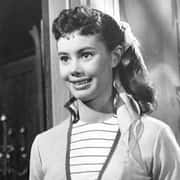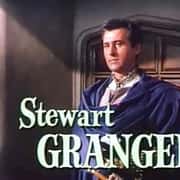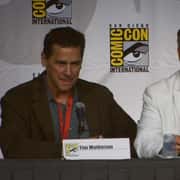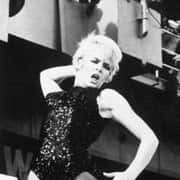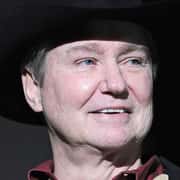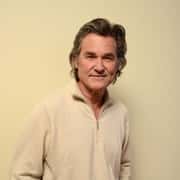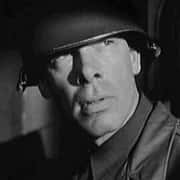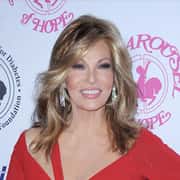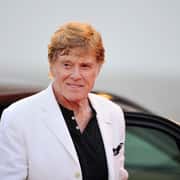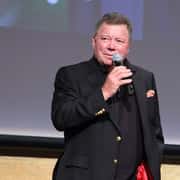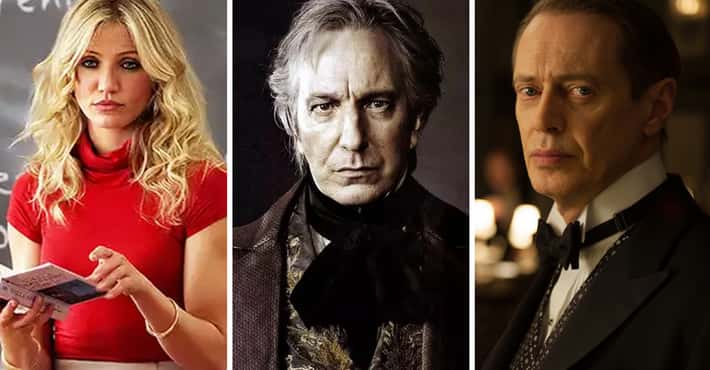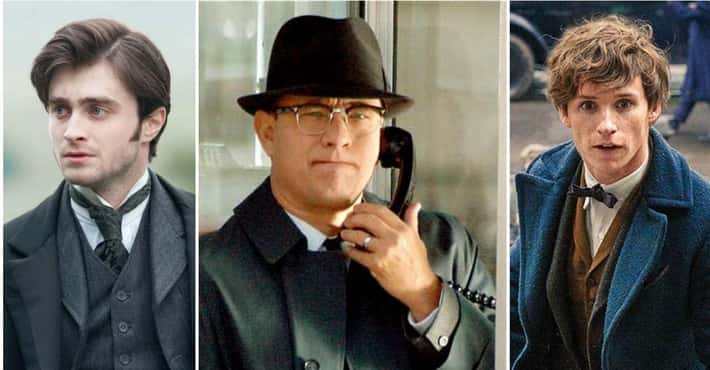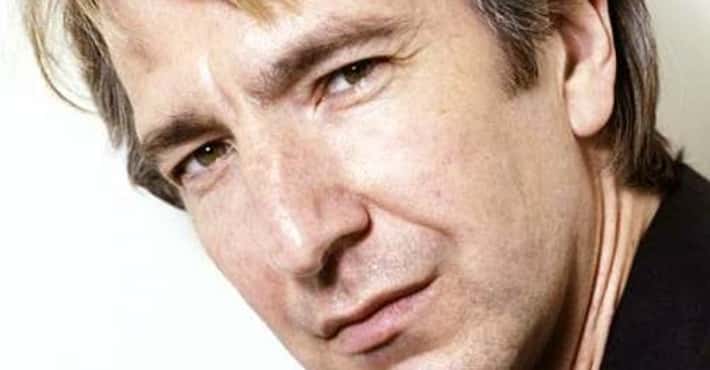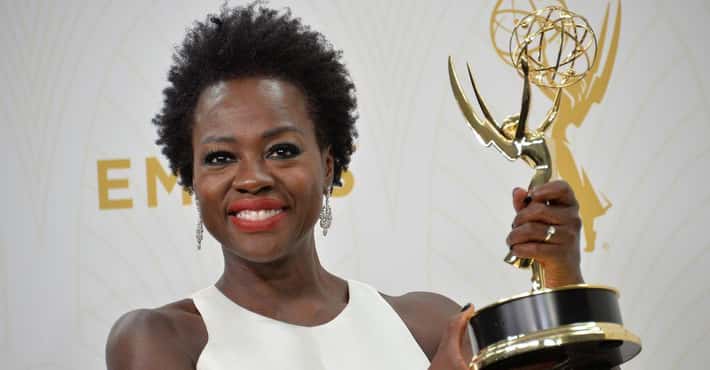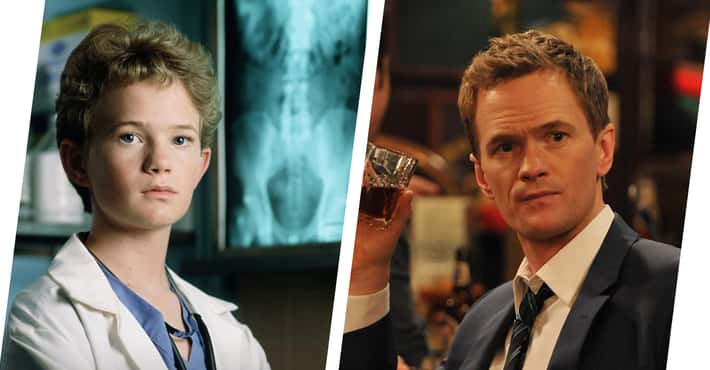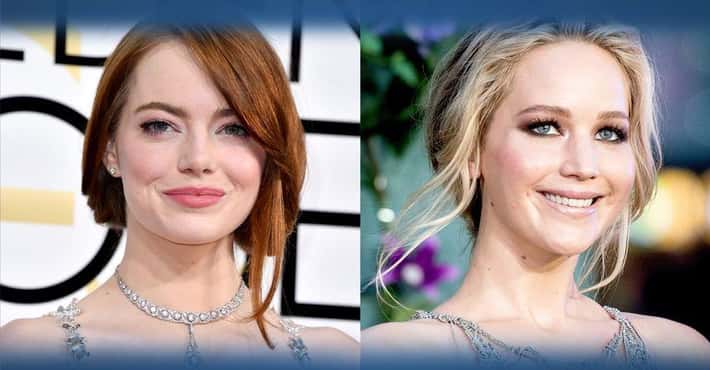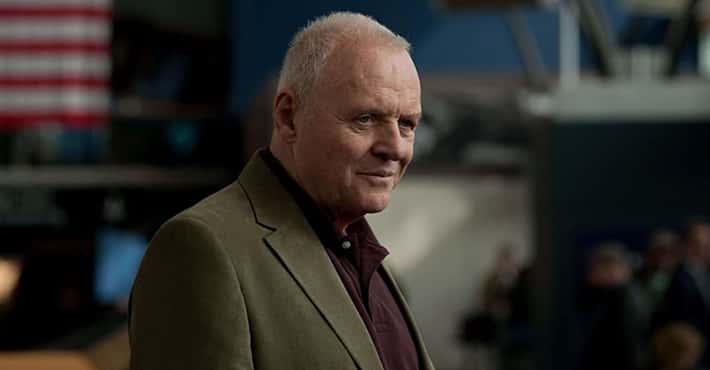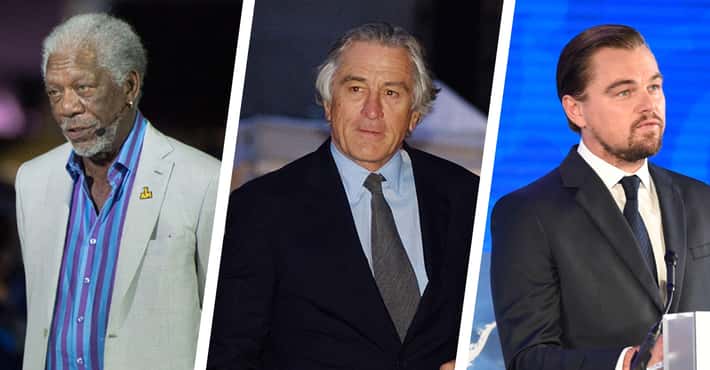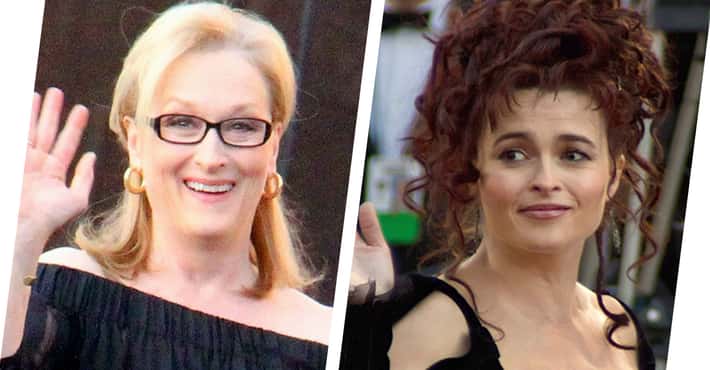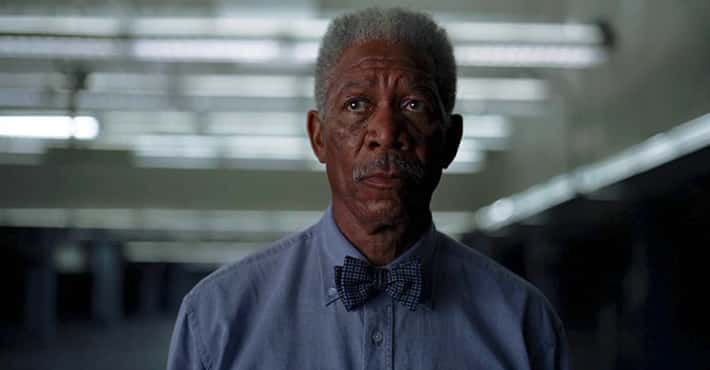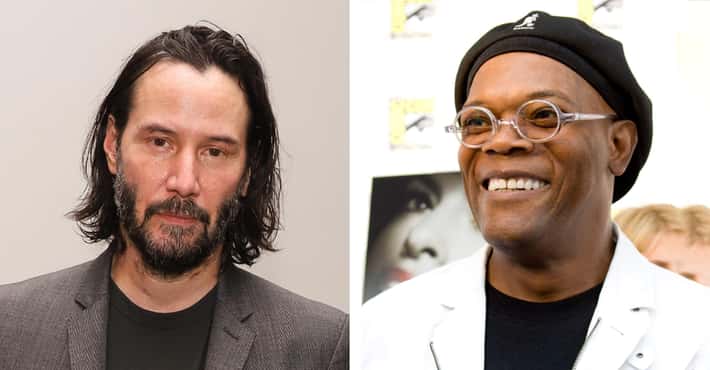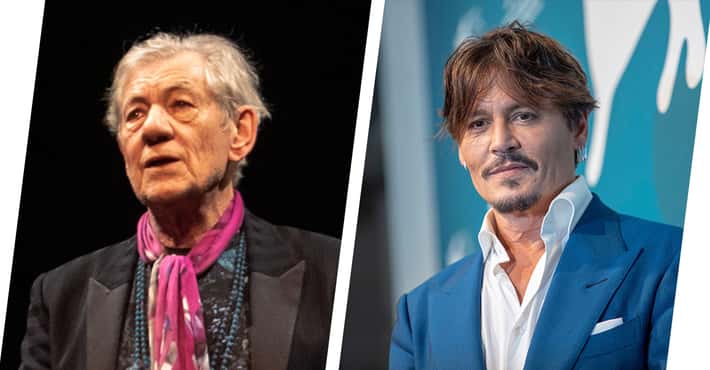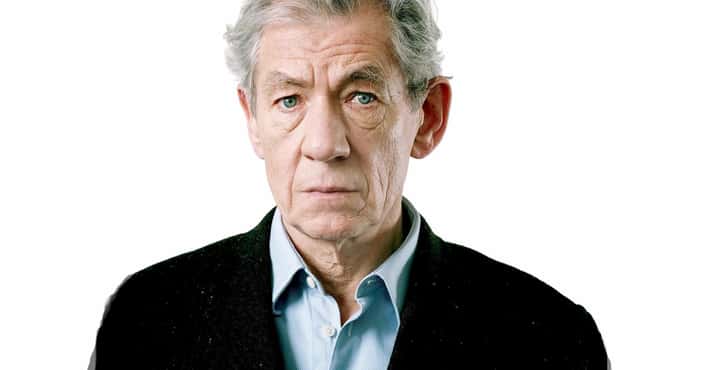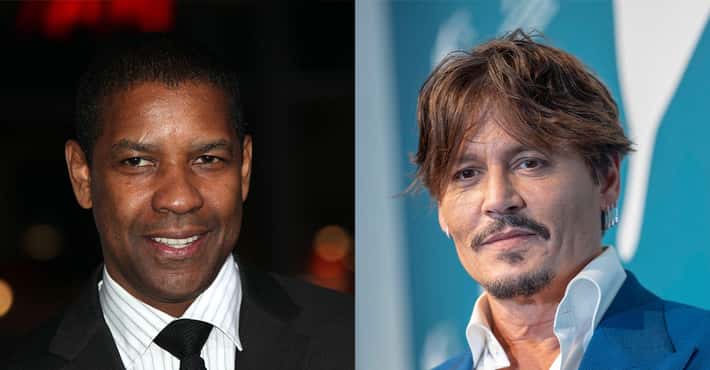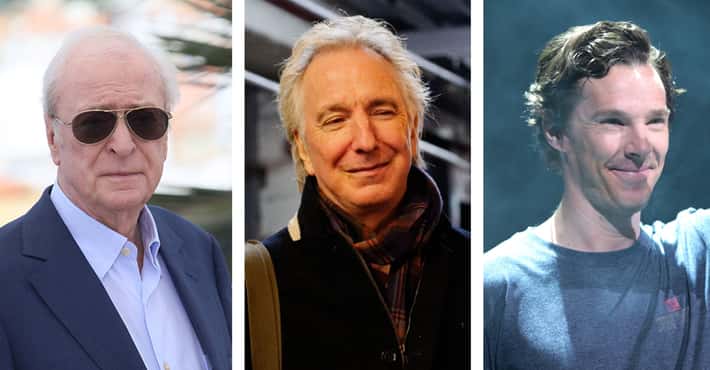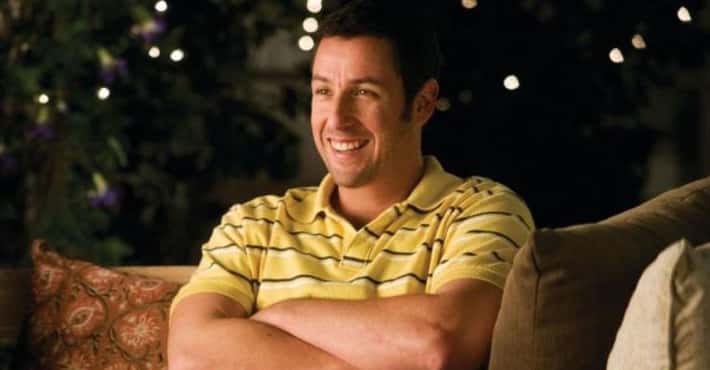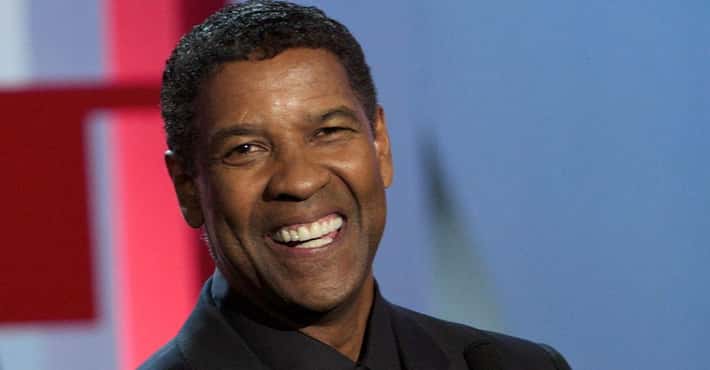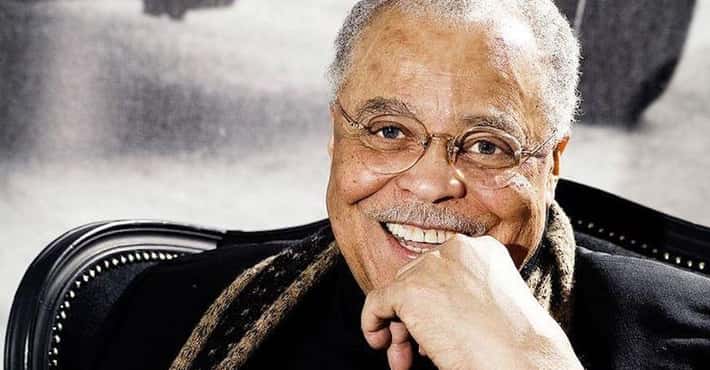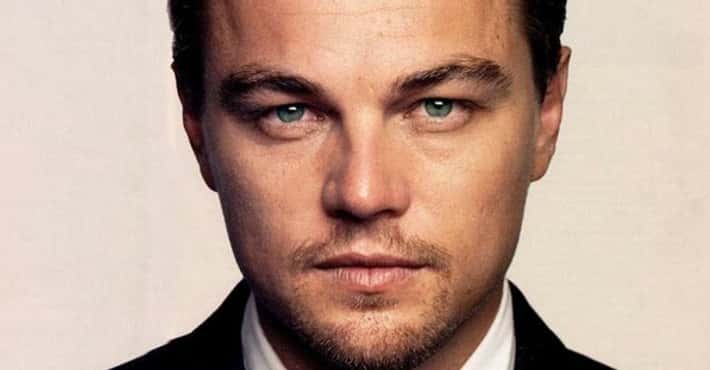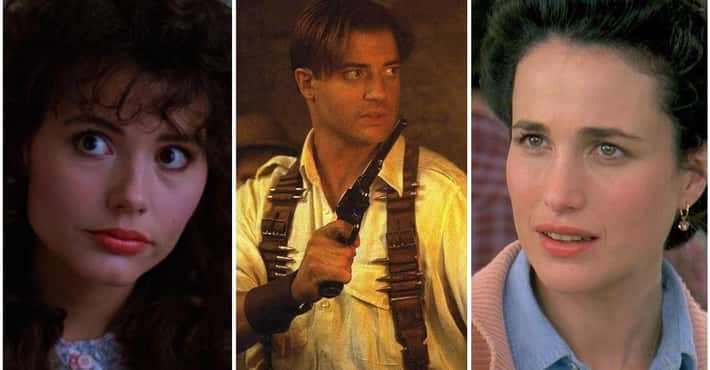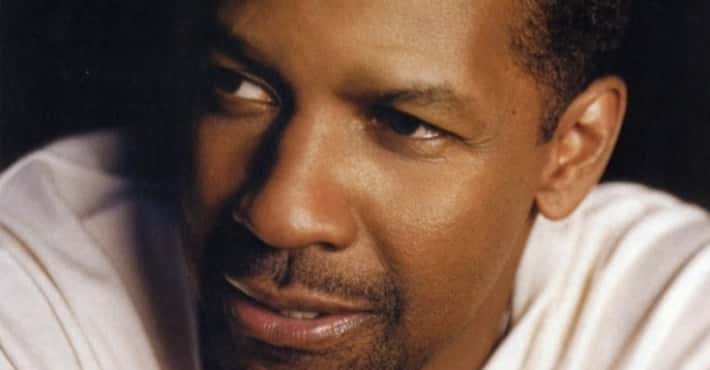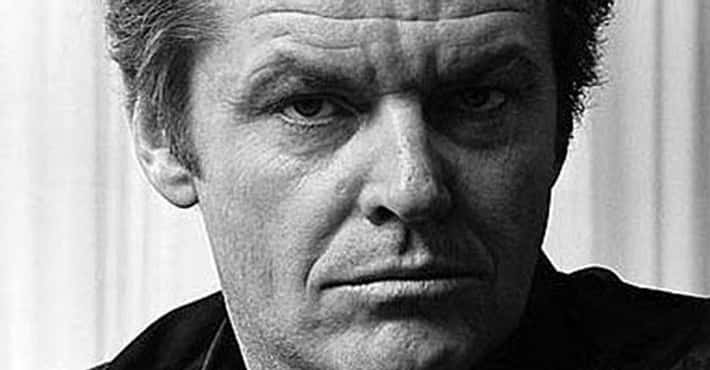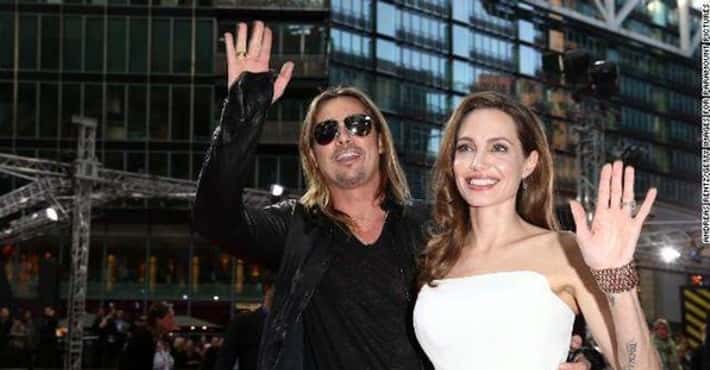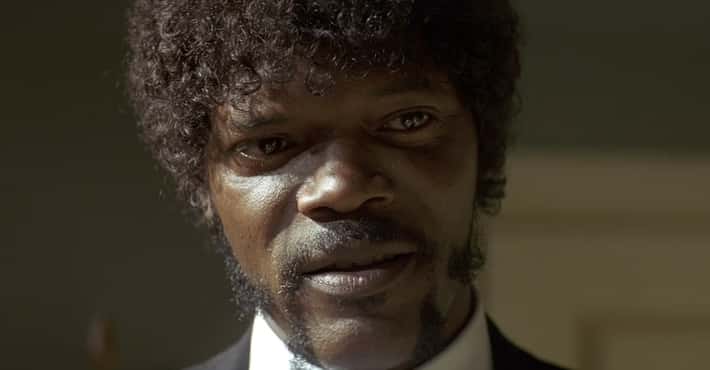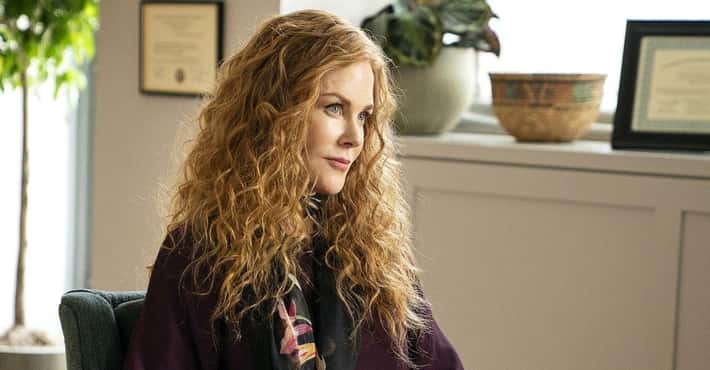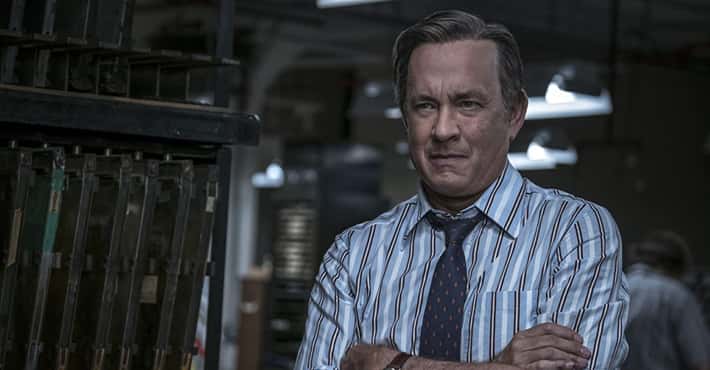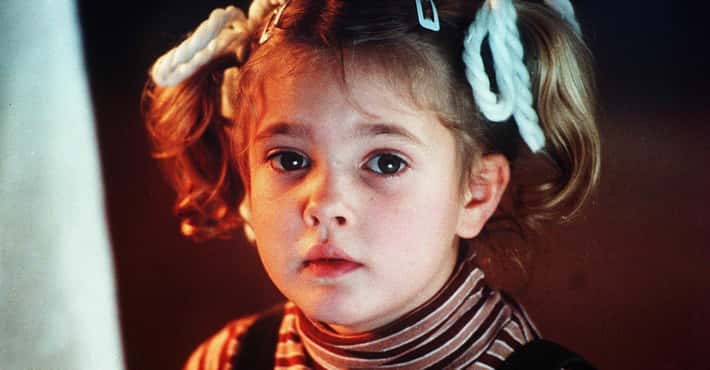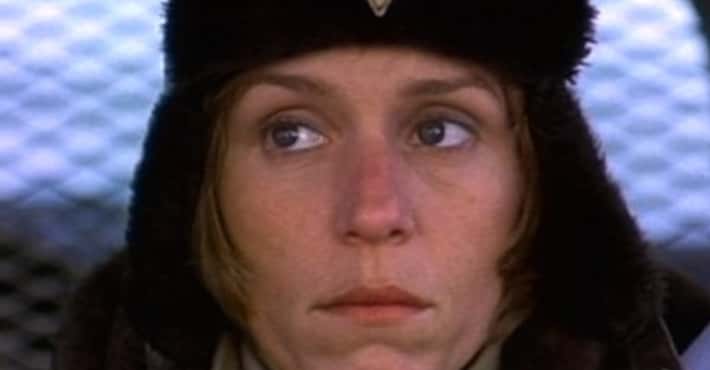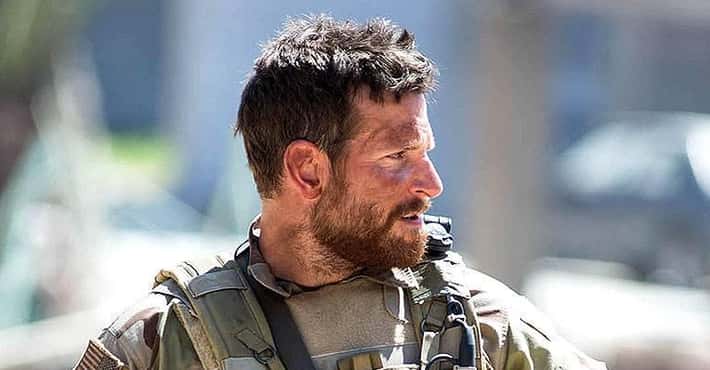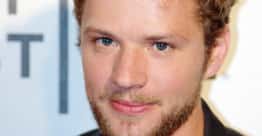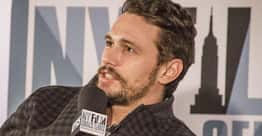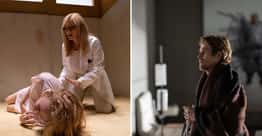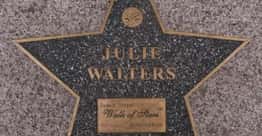The Virginian Cast List
- White Mama, Little Gloria... Happy at Last, Strangers: The Story of a Mother and DaughterBette Davis, born Ruth Elizabeth Davis on April 5, 1908, in Lowell, Massachusetts, was one of the most influential actresses in Hollywood's golden era. Raised in a single-parent household after her parents' divorce, she developed a love for theater early in life. Davis moved to New York City to study at John Murray Anderson's Dramatic School. Her big break came when she landed a role in the Broadway play Broken Dishes in 1929, which paved the way for her entry into the world of cinema. Davis's film career took off with her role in The Man Who Played God in 1932. She went on to redefine the parameters for female actors in Hollywood with her choice of complex, challenging roles that defied gender stereotypes. Among her most acclaimed performances were those in Of Human Bondage (1934) and Dangerous (1935), the latter of which won her the first of two Academy Awards. However, Davis is perhaps best remembered for her role as Margo Channing in All About Eve (1950), a performance that earned her an Academy Award nomination and has since become iconic in film history. Davis's personal life was as vibrant and tumultuous as her on-screen characters. She was married four times and had three children. In her later years, Davis battled breast cancer and suffered multiple strokes but remained resilient and continued to act until the late 1980s. Bette Davis passed away on October 6, 1989, leaving behind a legacy of over 100 films. Davis's influence transcends time as she continues to inspire generations of actors with her fierce independence, unparalleled talent, and unwavering commitment to her craft.
- The Virginian, The Man Behind the BadgeCharles Ambrose Bickford (January 1, 1891 – November 9, 1967) was an American actor best known for his supporting roles. He was nominated three times for the Academy Award for Best Supporting Actor, for The Song of Bernadette (1943), The Farmer's Daughter (1947), and Johnny Belinda (1948). Other notable roles include Whirlpool (1948), A Star is Born (1954), and The Big Country (1958).
Clu Gulager
The Virginian, Project Greenlight, Harold Robbins' The SurvivorsWilliam Martin "Clu" Gulager (born November 16, 1928) is an American television and film actor and director. He first became known for his work in television, appearing in the co-starring role of William H. Bonney (Billy the Kid) in the 1960–62 NBC television series The Tall Man and as Emmett Ryker in another NBC Western series, The Virginian. Gulager's first major film role was in Don Siegel's The Killers (1964), followed by a supporting part in the racing film Winning (1969) opposite Paul Newman and Joanne Woodward; in Peter Bogdanovich's drama The Last Picture Show (1971); and opposite John Wayne in McQ (1974). In the 1980s, Gulager appeared in several horror films, such as The Initiation (1984) and the zombie comedy The Return of the Living Dead (1985). In 2005, he appeared in the horror film Feast, as well as its sequels. He also appeared in the critically acclaimed independent film Tangerine (2015). Gulager directed the short film A Day with the Boys, which was nominated for the prestigious Palme d'Or for Best Short Film at the 1969 Cannes Film Festival.- The Virginian, Good Morning America, Lucas TannerDavid Downs Hartman (born May 19, 1935) is an American journalist and media host who began his media career as an actor. He currently anchors and hosts documentary programs on cable TV's History and on PBS. Hartman is best known as the first host of ABC's Good Morning America, from 1975 to 1987. As an actor, he starred in the 1970s as a young resident, Dr. Paul Hunter, on The Bold Ones: The New Doctors and as a teacher in the series Lucas Tanner. He acted in the 1973 TV movie re-make of Miracle On 34th Street.
Doug McClure
The Virginian, Out of This World, SearchDouglas Osborne McClure (May 11, 1935 – February 5, 1995) was an American actor whose career in film and television extended from the 1950s to the 1990s. He is best known for his role as the cowboy Trampas during the entire run from 1962 to 1971 of the NBC Western series, The Virginian, loosely based on the Owen Wister novel.- The Virginian, FirehouseJames Child Drury Jr. (born April 18, 1934), is an American actor best known for his success in playing the title role in the 90-minute weekly Western television series The Virginian, broadcast on NBC from 1962–71.
- I Spy, The Virginian, Hotel de PareeJeanette Nolan (December 30, 1911 – June 5, 1998) was an American actress. Nominated for four Emmy Awards, she had roles in the television series The Virginian (1962–1971) and Dirty Sally (1974); and in films such as Macbeth (1948).
- The Americans, The Virginian, Wagon TrainJohn Herrick McIntire (June 27, 1907 – January 30, 1991) was an American character actor who appeared in 65 theatrical films and many more television series. McIntire is well known for having replaced Ward Bond, upon Bond's sudden death in November 1960, as the star of NBC's Wagon Train. He played Christopher Hale, the leader of the wagon train (and successor to Bond's character, Seth Adams) from early 1961 to the series' end in 1965. He also replaced Charles Bickford, upon Bickford's death in 1967, as ranch owner Clay Grainger (brother of Bickford's character) on NBC's The Virginian for four seasons.
- The Virginian, Playhouse 90, The Young LawyersLee J. Cobb (born Leo Jacoby, December 8, 1911 – February 11, 1976) was an American actor. He is best known for his performances in On the Waterfront (1954), 12 Angry Men (1957), and The Exorcist (1973). He also played the role of Willy Loman in the original Broadway production of Arthur Miller's 1949 play Death of a Salesman under the direction of Elia Kazan. On television, Cobb starred in the first four seasons of the Western series The Virginian. He typically played arrogant, intimidating and abrasive characters, but often had roles as respectable figures such as judges and police officers. He was twice nominated for the Academy Award for Best Supporting Actor, for The Brothers Karamazov (1958) and On the Waterfront (1954).
- The Six Million Dollar Man, The Big Valley, The Fall GuyLee Majors, born as Harvey Lee Yeary in 1939, is a renowned American film, television, and voice actor. He has left a significant mark on the entertainment industry with his notable performances across a career spanning over five decades. Majors was brought up in Middlesboro, Kentucky, where he faced hardships at an early age, losing both parents by the age of two. Despite such adversities, he emerged resilient, finding solace in athletics during his high school and college years. His athletic prowess earned him a football scholarship at Indiana University, which later transferred to Eastern Kentucky University. Majors' acting journey began in Los Angeles, where he initially took up roles in small productions. However, his breakthrough came in 1965 when he secured the role of Heath Barkley in the Western series The Big Valley. This role catapulted him to fame and established him as a promising actor in Hollywood. Majors' most iconic role came in the mid-1970s when he played Colonel Steve Austin in the science fiction television series The Six Million Dollar Man. The success of this show cemented his status as a household name and further pushed him into the limelight. Beyond his acting career, Majors has also lent his voice to several animated characters, thereby expanding his repertoire. Notably, he voiced Bigfoot in the animated series The Son of Bigfoot and Bigfoot Family. Majors' personal life has been as dynamic as his career, having been married four times. His marriage to fellow actress Farrah Fawcett in the 70s attracted substantial media attention. Throughout his career, Majors has demonstrated versatility and longevity, attributes that have earned him a place among the stalwarts of the entertainment industry. His life story serves as an inspiration, highlighting how one can rise above personal tragedies to achieve great success.
- A Christmas Carol, Mr. President, New York NewsGeorge C. Scott, a titan of American acting, etched his name in the annals of Hollywood with a career spanning over four decades. Born on October 18, 1927, in Wise, Virginia, he was renowned for his intense performances and distinctive voice. His early life was marked by hardship, but it was this very struggle that shaped his resilient character. After serving in the Marine Corps during World War II, Scott found solace in acting and honed his craft at the University of Missouri's School of Journalism, where he studied drama. Scott's breakthrough came with the role of General "Buck" Turgidson in Stanley Kubrick's film Dr. Strangelove. However, it was his unforgettable portrayal of General George S. Patton in the 1970 film Patton that catapulted him to stardom. Despite receiving an Academy Award for Best Actor for this role, Scott refused the honor, stating his belief that every dramatic performance was unique and could not be compared. This act of defiance made him the first actor to reject an Oscar, setting a precedent in the industry. Throughout his career, Scott displayed a versatility that spanned across genres and mediums. From theater to film and television, he left an impression with his powerful performances. His work in Arthur Miller's The Crucible and Neil Simon's Plaza Suite showcased his talent on stage, while his roles in films like The Hustler and The Changeling highlighted his cinematic prowess. Scott passed away in 1999, but his legacy continues to inspire generations of actors.
- The Mickey Mouse Club, The Virginian, Walt Disney Presents: AnnetteRoberta Jymme Schourop (born April 7, 1943, Monterey Park, California), better known as Roberta Shore, is a retired American actress and performer.
Stewart Granger
The VirginianStewart Granger (born James Lablache Stewart; 6 May 1913 – 16 August 1993) was an English film actor, mainly associated with heroic and romantic leading roles. He was a popular leading man from the 1940s to the early 1960s, rising to fame through his appearances in the Gainsborough melodramas.- Hart of Dixie, Bonanza, Jonny QuestTim Matheson (born Timothy Lewis Matthieson; December 31, 1947) is an American actor and director. He is perhaps best known for his portrayals of the smooth-talking Eric "Otter" Stratton in the comedy film National Lampoon's Animal House (1978) and of Vice President John Hoynes in the NBC drama The West Wing. Matheson has had a variety of other well-known roles, including providing the voice of the lead character in the animated series Jonny Quest and for playing President Ronald Reagan in a television film adaptation of the 2015 novel Killing Reagan that premiered on October 16, 2016 on the National Geographic Channel. Matheson also starred as Old Man Vreeke in the 2017 fantasy film Jumanji: Welcome to the Jungle, and most recently played Henry Kaslan in the horror film Child's Play.
- The Virginian, Michael Shayne, HondoGary Clarke (born Clarke Frederick L'Amoreaux; August 16, 1933) is an American actor best known for his role as Steve Hill in the NBC western television series The Virginian with James Drury and Doug McClure.
- I Spy, The Jackie Gleason Show, The NursesDavenie Johanna "Joey" Heatherton (born September 14, 1944) is an American actress, dancer, and singer. A sex symbol of the 1960s and 1970s, she is best known for her many television appearances during that time, particularly as a frequent variety show performer, although she also appeared in acting roles. She performed for over a decade on USO tours presented by Bob Hope, and starred in several feature films including My Blood Runs Cold (1965) and The Happy Hooker Goes to Washington (1977).
- The Virginian, Cimarron Strip, It's a Man's WorldClyde Randall "Randy" Boone (born January 17, 1942) is an American former actor and country music singer. He is most well known for appearing in recurring episodes of all three 90 minute western television shows that aired during the 1960s: Wagon Train, The Virginian and Cimarron Strip.
- Stargate, Elvis, Hec RamseyKurt Russell, an illustrious figure in the Hollywood landscape, was born on March 17, 1951, in Springfield, Massachusetts. His career began as a child artist with Walt Disney Studios, making him one of the studio's leading stars in the 1970s. However, his talent did not confine him to the sphere of acting alone. Russell also made a mark as a professional baseball player until an injury forced him to retire, paving the way for his full-time acting career. Russell's breakthrough came with the 1981 dystopian action film Escape from New York, directed by John Carpenter. The actor-director duo went on to create numerous blockbuster hits, including The Thing and Big Trouble in Little China. Unafraid of genre diversity, Russell showcased his versatility with roles ranging from action heroes to romantic leads, securing his position as a versatile performer. In 1983, his portrayal of Elvis Presley in the television film Elvis earned him an Emmy nomination, further cementing his place in the industry. In his personal life, Russell has been in a long-term relationship with actress Goldie Hawn since 1983. The couple's off-screen chemistry has translated into on-screen collaborations, such as the romantic war drama Swing Shift and the comedy Overboard. Despite not being legally married, their relationship is widely regarded as one of the most enduring in Hollywood. Their blended family includes actors Kate Hudson and Wyatt Russell, continuing the family legacy in the entertainment industry. Kurt Russell's multifaceted career and steadfast devotion to his craft have made him a beloved and respected figure in the world of film.
- M SquadLee Marvin, a name synonymous with Hollywood's rugged charm, was one of the most distinctive actors of his time. Born on February 19, 1924, in New York City, Marvin embarked on an illustrious career that spanned five decades and over 70 films. A decorated World War II veteran, he initially found work in supporting roles, often portraying menacing villains. However, his undeniable screen presence soon propelled him to leading man status. Marvin's breakthrough came with the classic war film, The Big Red One, but it was his dual role in Cat Ballou that earned him an Academy Award for Best Actor. Displaying exceptional versatility, Marvin seamlessly transitioned between westerns, war films, and crime dramas, with memorable performances in The Wild One, The Killers, and Point Blank. His roles were characterized by a gritty realism, reflecting his own experiences as a Marine during World War II. Despite his on-screen tough guy persona, Marvin was noted for his professionalism and commitment to his craft. He was respected for his ability to imbue even the most hardened characters with a sense of vulnerability and humanity. His dedication to acting extended beyond the silver screen, with stage performances in plays such as Billy Budd and television appearances including the series M Squad. Lee Marvin passed away on August 29, 1987, but his legacy in the world of cinema remains undiminished. His profound impact on the film industry continues to be celebrated by critics and audiences alike.
- Central Park West, The Rogues, Welcome to The CaptainBorn Jo Raquel Tejada on September 5, 1940, in Chicago, Illinois, Raquel Welch is an iconic American actress and singer known for her enduring charm and remarkable talent. With her distinct style and timeless beauty, Welch made a name for herself in the entertainment industry, becoming one of the leading sex symbols of the 1960s and 1970s. Her breakthrough role was in the 1966 science fiction film One Million Years B.C., where she wore a now-iconic fur bikini that cemented her status as a Hollywood sex symbol. Welch's career spans over five decades, showcasing her versatility across various genres from drama to comedy. Some of her notable performances include roles in films like Fantastic Voyage (1966), Bandolero! (1968), and The Three Musketeers (1973), for which she won a Golden Globe Award. Apart from her film career, Welch also made significant strides on stage, starring in Broadway productions such as Woman of the Year (1982) and Victor/Victoria (1995). In addition to her acting prowess, Welch is also celebrated for her singing ability. She released her debut album, This Girl's Back in Town, in 1987, demonstrating her artistic range. Moreover, she authored a number of fitness books, making significant contributions to health and fitness culture of the time. Recognizing her impact on the entertainment industry, the Golden Globe-winning actress was awarded a star on the Hollywood Walk of Fame in 1994. Despite her fame and success, Welch remains a humble and passionate artist, embodying a unique blend of beauty, talent, and tenacity that continues to inspire generations.
- The Defenders, The Deputy, Rescue 8Robert Redford is an internationally acclaimed actor, director, and producer. Born as Charles Robert Redford Jr. in 1936 in Santa Monica, California, Redford's early life was steeped in sports and arts, both of which played a significant role in shaping his career. Despite facing academic struggles, he found solace in painting, sketching, and sports, which eventually led him to the University of Colorado on a baseball scholarship. However, his journey took a dramatic turn when he lost his scholarship due to excessive alcohol consumption, leading to his drop out and a subsequent journey to Europe and then New York, where he studied art and acting. Redford's acting career kicked off in the late 1950s with television roles and Broadway appearances, but it wasn't until the 1960s that he rose to prominence. His breakthrough role came in 1967 with Barefoot in the Park, opposite Jane Fonda, followed by Butch Cassidy and the Sundance Kid in 1969, which catapulted him to stardom. Redford's cinematic genius is not confined to acting alone; he proved his mettle as a director with his debut film, Ordinary People, which won him an Academy Award for Best Director in 1980. Beyond his on-screen endeavors, Redford's commitment to independent cinema is remarkable. In 1981, he established the Sundance Institute, a non-profit organization dedicated to the discovery and development of independent filmmakers and theater artists. The institute's annual Sundance Film Festival has become a pivotal event in showcasing independent films from around the globe. Whether as an actor, director, or advocate for independent cinema, Robert Redford's contributions have undeniably shaped and enriched the landscape of American and global cinema.
- Star Trek: The Original Series, Boston Legal, Star Trek: The Animated SeriesWilliam Shatner, born on March 22, 1931 in Montreal, Quebec, Canada, is an iconic figure in the entertainment industry. His journey into stardom began when he enrolled at McGill University, where he graduated with a Bachelor of Commerce degree. However, it was his intense passion for acting that led him to abandon his business pursuits and instead join the Canadian National Repertory Theatre in Ottawa. Shatner's breakthrough came with his role as Captain James T. Kirk in the revolutionary science fiction television series Star Trek (1966-1969). The show catapulted Shatner into global fame, and his portrayal of the fearless leader of the Starship Enterprise has since become a symbol of the genre. Following the conclusion of the original series, Shatner reprised his role in seven Star Trek feature films and various spin-offs, further cementing his legacy in the Star Trek universe. Beyond Star Trek, Shatner has showcased his versatility across various mediums. He starred in the successful television series T.J. Hooker and won two Emmy Awards for his role in Boston Legal. He also ventured into literature, authoring numerous Star Trek novels, while his memoirs provide an insightful look into his illustrious career and personal life. Shatner's contribution to the entertainment industry stretches over six decades, a testament to his enduring appeal and talent. His career is marked by his ability to reinvent himself, continually captivating audiences with his charm, wit, and distinctive style.


